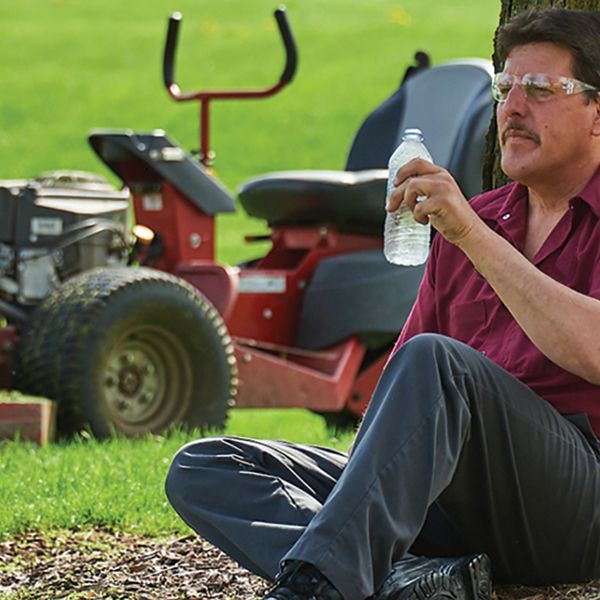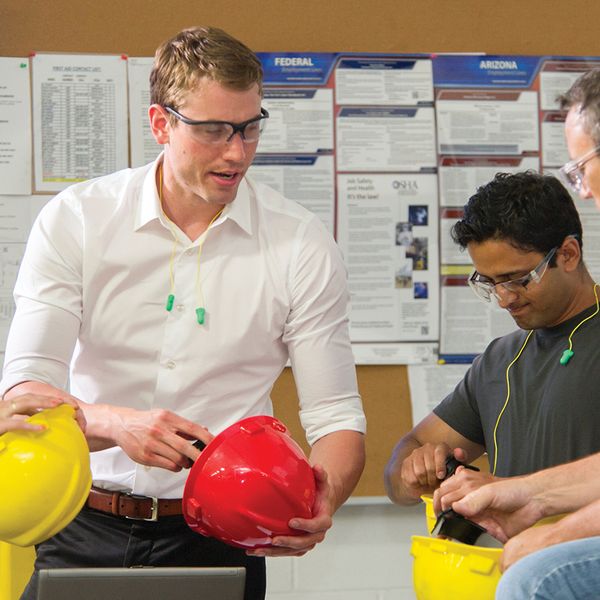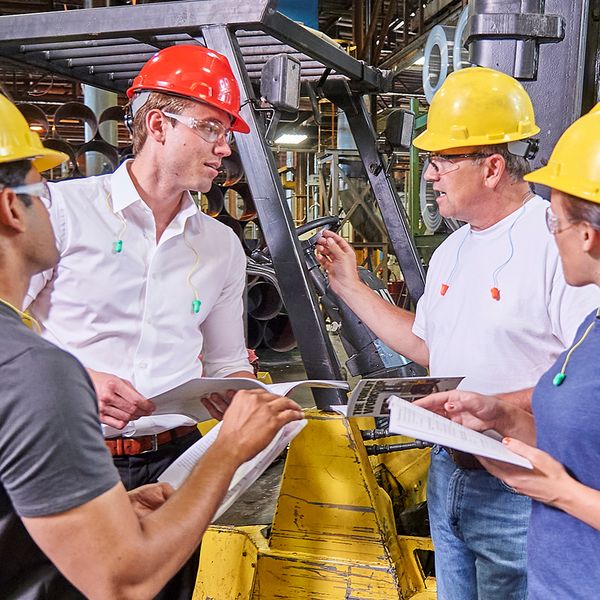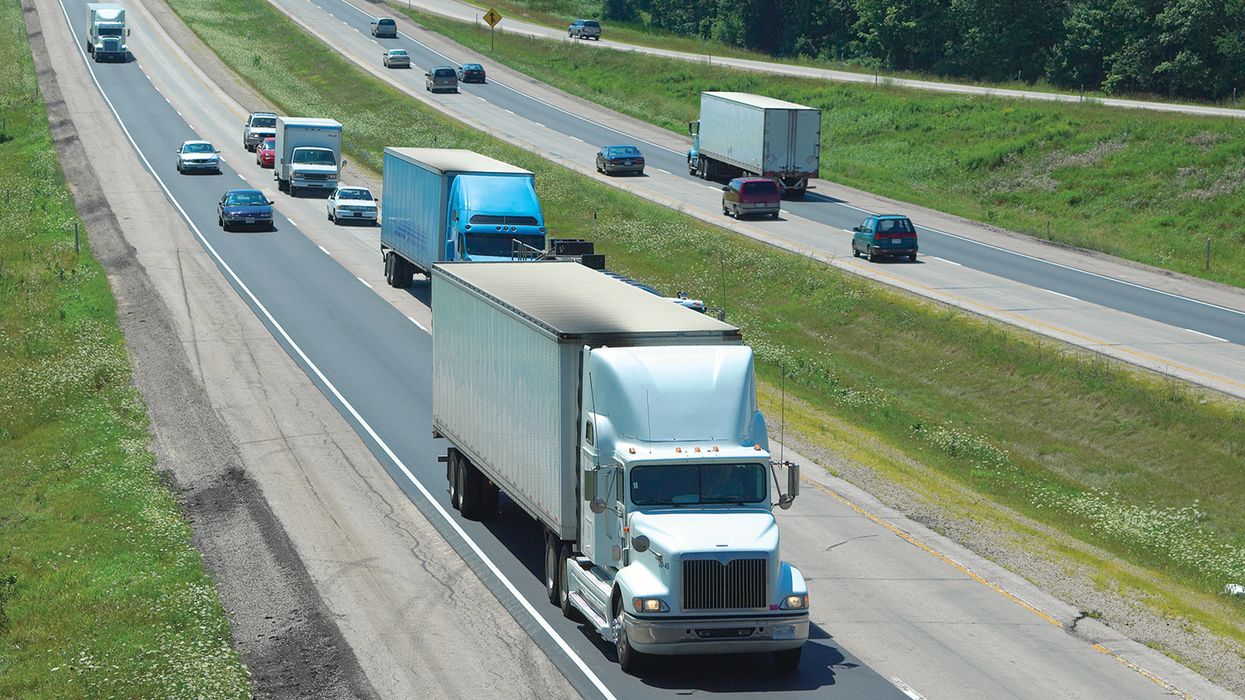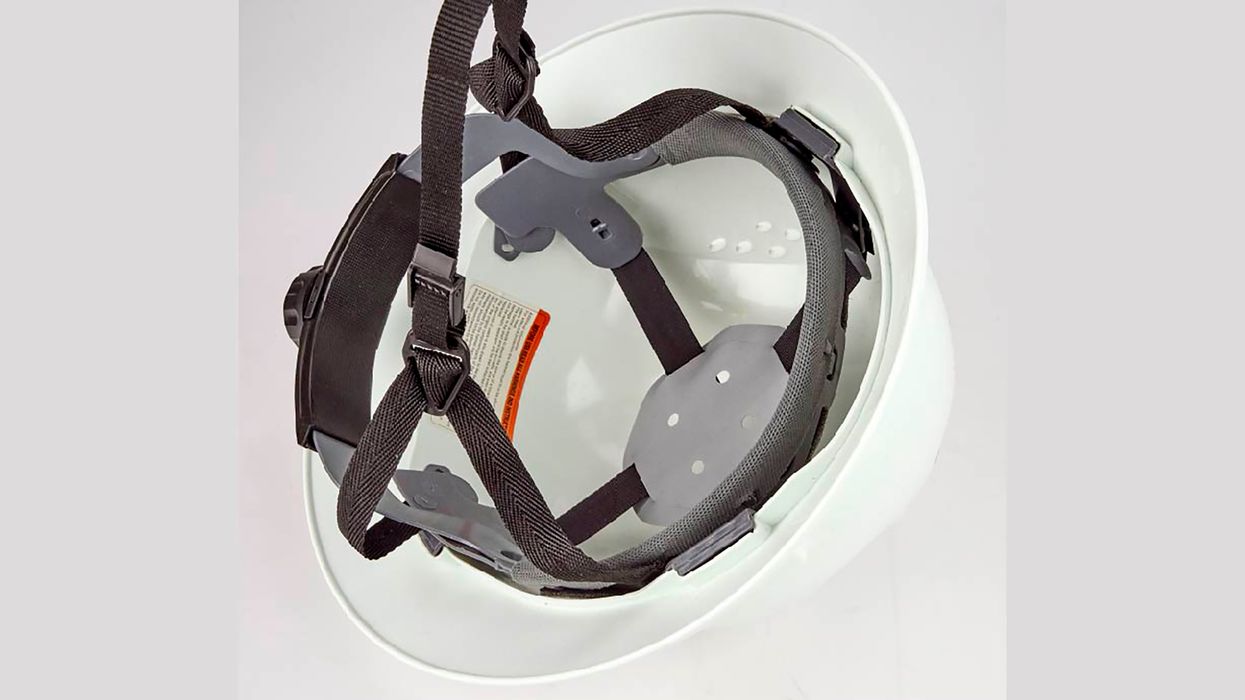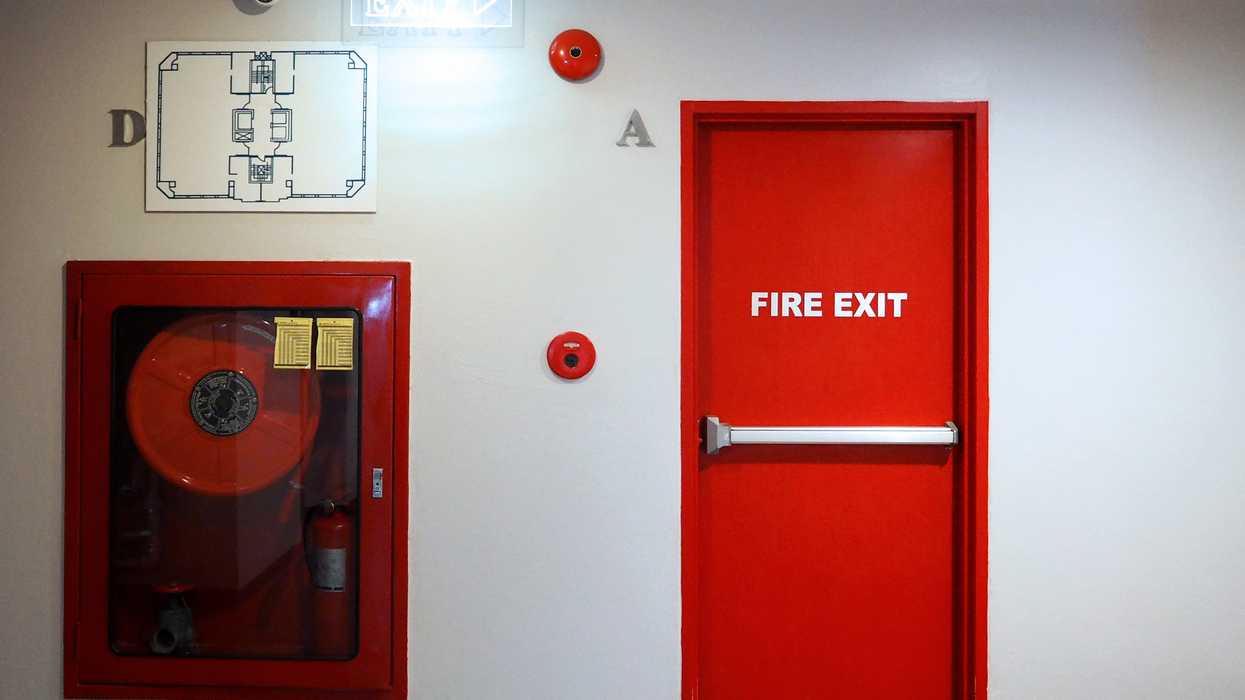Use caution during landscaping operations
Spring is the season for lawn care and landscaping. These duties may involve using mowers, weed trimmers, saws, ladders, and other tools. Using those tools likely requires personal protective equipment (PPE) such as hearing protection, eye protection, work gloves, safety shoes, and hard hats.
Even if your company contracts out some landscaping work, you might have employees who mow the grass or clean up storm debris.
Mowers and trimmers
Many employees use lawnmowers at home, but to make sure they don’t bring bad habits to work, employers should provide appropriate training and PPE.
Training should cover safe work practices specific to the location and equipment. For example, workers should know that a riding mower should go up and down slopes, while a push mower should go across the slope. Employees must also know how to safely refuel and maintain the equipment, and how to handle any fuel spills.
Training should also cover PPE, such as hearing and eye protection. Since workers who need hearing protection may be subject to annual testing for hearing loss, encourage them to wear hearing protection (and eye protection) while mowing or using other power tools at home.
Tree and hedge trimming
Whether removing dead limbs from trees or trimming decorative hedges, workers may be exposed to hazards from hand or power tools, falls from ladders, falling limbs, or flying particles.
Train workers to safely use and maintain the tools or equipment needed. Training may also need to cover ergonomic hazards from using vibrating tools, working in awkward positions, or tightly gripping tools for extended periods. In addition, provide any necessary PPE such as gloves, eye protection, and hearing protection.
Other landscaping
Whether cleaning up storm debris or planting decorative flowers, landscaping may require extensive kneeling and bending. It may also involve handling containers of soil, mulch, or chemicals such as pesticides.
For tasks that don’t involve handling chemicals, gloves might be the only necessary PPE, but workers could still benefit from ergonomic improvements such as kneeling pads, long-handled tools to work while standing, and instruction on how to safely handle heavy bags.
Workers using pesticides or herbicides may also need training on safe handling, as well as using appropriate PPE for those chemicals.
Landscaping work is so routine that the hazards might not be taken seriously.
As an overview of safety tips:
- Do not use any equipment you have not been trained to use.
- Use hearing protection when using powered equipment.
- Wear safety glasses or goggles when exposed to flying particles.
- Wear appropriate clothing, gloves, and shoes.
- Use guards and safeguard devices.
- Never reach into, or perform maintenance on, any equipment that has not been properly shut down.




